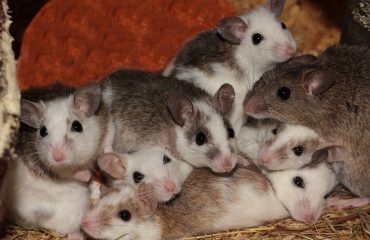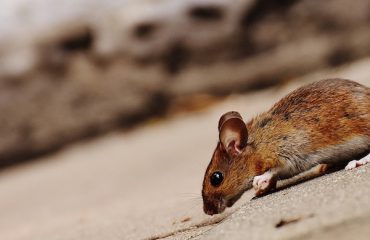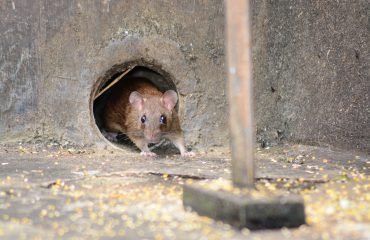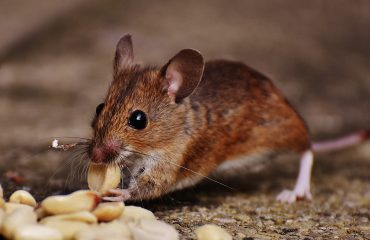As many California communities enter into their 3rd month of social isolation orders issued by local officials, many rodents are finding their ways out of hiding and taking advantage of empty streets, closed storefronts and fewer people, and less trash in the streets. During the COVID-19 pandemic, rats are becoming brash in their search for food. This means rodents are looking for food in different ways. Here is what you should look out for and some tips to ensure rodents on the loose do not make their way into your home.
The presence of rodents became such a problem that the CDC (Center of Disease Control and Prevention) issued guidance around keeping rodents out of homes and businesses during COVID-19
Why Social Isolation Changes Rodent Behaviors

Rodents find shelter, food, and safety based on the behaviors of the people whose shadows they live behind. Rats find treats in garbage cans, drainage ditches and other places waste from human food consumption goes. As people have overwhelmingly learned how to stay home to self-isolate to help slow the spread of COVID-19, typical food sources have disappeared. Rodents are now making appearances in broad daylight to find food they are desperately needing.
Why Are New Rodent Behaviors A Problem?

These new rodent behaviors are a problem for several reasons. First, people who have never had a rodent problem before are suddenly dealing with infestations. Compounded with the fact people are safe at home, a sudden influx of rodents at home is an overwhelming frustration. As rats need to go out and search for new food sources, they will show up in unexpected, and new locations.
Second, rodents are dirty and are known to carry diseases, contaminate food, and cause damage to the locations where they build nests. While people are at home for health, having to deal with an influx of rodents that cause health problems is a risk nobody wants.
Hungry Rodents Cause Major Problems

Rats are generally unwanted visitors. However, hungry rats create problems that a well-fed rat does not create. Experts explain that as colonies of rats lose their established food sources, they will begin to fight for any food they do come across. Some rats will kill and eat other rats in different colonies. When food becomes very scarce, they will kill and eat their own. Other rats will be willing to strike anything they think will serve as a food source.
At home, when a hungry rat smells the aromas of food being prepared, there is a good chance they will try and come inside to eat. Hungry rats are bold and will forage around your home looking for food. From formula leftover in a baby’s bottle to dishes not washed in the sink, rodents will find food. Rats do not discriminate when it comes to food. They will chew through walls, wires, and cabinets to access food.
How Can You Prepare During Social Isolation?

As a homeowner, if you think you have a rodent problem, do not wait and call your local pest management company immediately. If you have a concern for a pending infestation, a call to schedule a consultation is important. Rats and rodents carry diseases. To date, there is no evidence that shows rodents can become infected and transmit COVID-19. However, they can move other bacterias and viruses around your home. You should also practice some good home hygiene by ensuring outdoor trash containers have lids, doors and windows are sealed and no food is left out in your kitchen.
Call Your Local Pest Management Company
Although the news is daunting of rodents during this pandemic, the good news is that pest control companies are essential businesses and open during mandated social isolation. Pests management companies ensure your homes are safe and clean – free from pests and rodents that can make our family ill. Call our team at 925-240-5100 today or book your free consultation online.
Source:
- National Geographic: Rats come out of hiding as lockdowns eliminate urban trash
- Yahoo News: Animals take to city streets during coronavirus pandemic: ‘Life finds a way’
- CBS News: Rats swarm New Orleans’ streets as coronavirus precautions leave them empty

